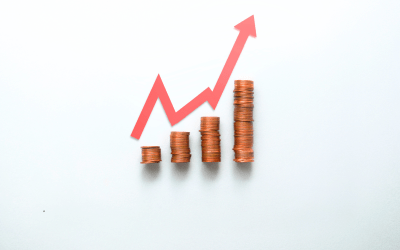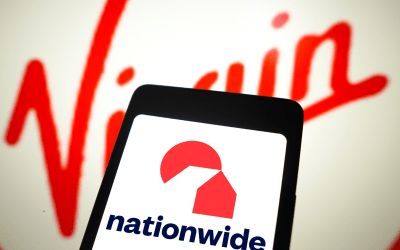Boris Johnson has committed himself to a multi-billion pound programme of measures paid for by extra government borrowing.
1. Raising the threshold at which income tax is paid at 40% from £50,000 to £80,000
Cost: £9bn. Only 12% of people in the UK earn more than £50,000 a year, so this pledge would help those on the highest incomes.
2. Increasing the starting point for national insurance contributions to £12,500
Cost: £11bn. At present people pay NICs when they earn £166 a week and income tax when they earn £12,500 a year. Johnson wants to gradually align the two systems by raising the NICs ceiling to an annual £12,500.
3. Raise education spending to £5,000 for every secondary school pupil and £4,000 for each primary school pupil
Cost: £4.6bn. The bill for reversing the cuts is £3.5bn. Holding per-pupil funding steady until the projected end of the current parliament will cost a further £1.1bn.
4. Employing an additional 20,000 police officers
Cost: £1.1bn. Any pledge to be tough on law and order tends to go down well with the Conservative party faithful, and Johnson wooed them during the leadership race with a recruitment policy that will cost £1.1bn a year.
5. Free TV licences for the over-75s
Cost: £250m. The BBC has said it intends to means-test this benefit so that only those on pensioner credit have their TV licences paid for them. Johnson has said he will ensure the decision is reversed at a cost of £250m a year.
6. Raising the level at which stamp duty is levied
Cost: £3.8bn. There have been reports that the incoming prime minister would like all house sales under £500,000 in England, Wales and Northern Ireland to be exempt from stamp duty.
7. Nationwide full fibre broadband coverage by 2025
Cost: unknown. Johnson has said he wants the UK to have a complete full-fibre broadband network by 2025, eight years earlier than the current government is planning. Industry experts say this is not feasible in the time available, given coverage is currently less than 10%.
8. The creation of six free ports in the UK
Cost: unknown. Johnson said while on the hustings with Jeremy Hunt that he intended to create “about six” free ports – zones designated by the government to pay little or no tax in an attempt to boost economic activity.
9. Review HS2 and build HS3
Cost: unknown. So far £4bn has been spent on HS2 – the high-speed rail project designed to link London to cities in the Midlands and the north. But the final cost has already risen from £32bn to £56bn and reports suggest it has now jumped to between £70bn and £85bn.
10. Raising the national living wage
Cost: unknown. The government employs one in six of the people working in the UK, so it would be affected by Johnson’s promise to raise the national living wage, which is £8.21 per hour for those aged 25 and over. But as yet, Britain’s next prime minister has not put a figure on the increase he has in mind or even whether it should rise by more than inflation.
SOURCE: Guardian.com




